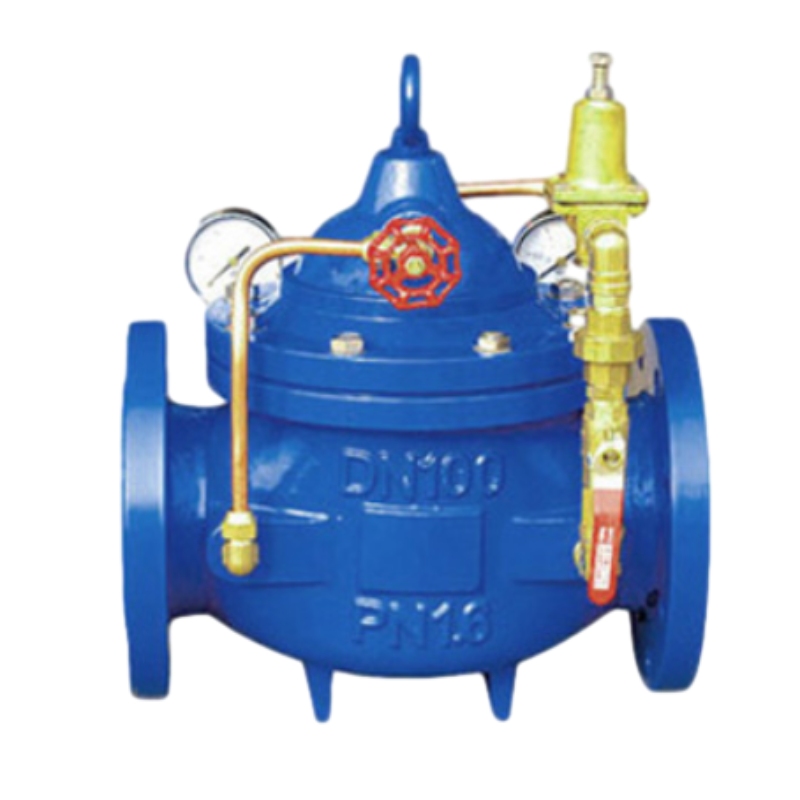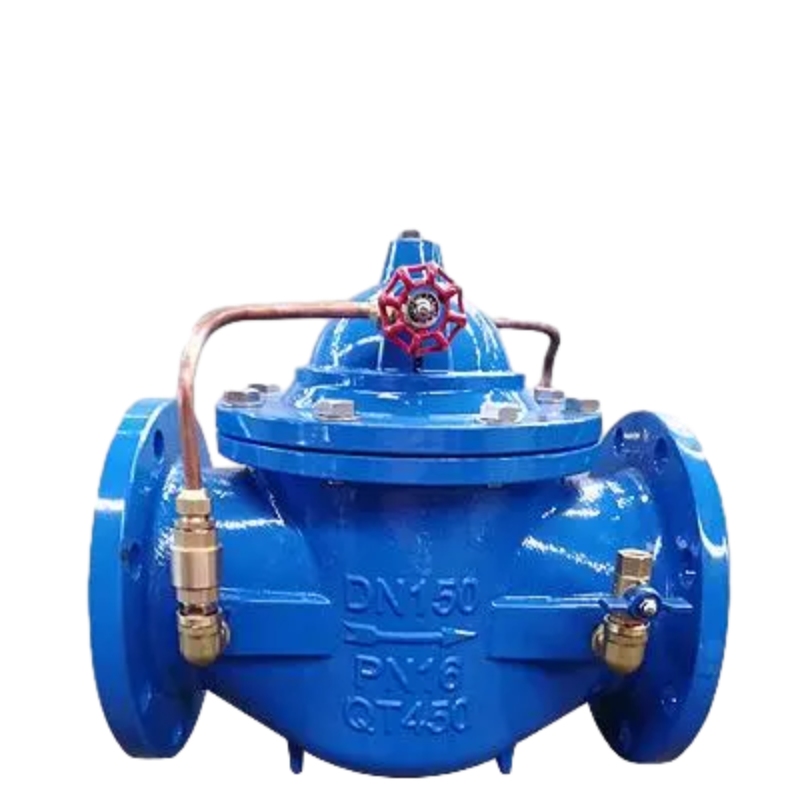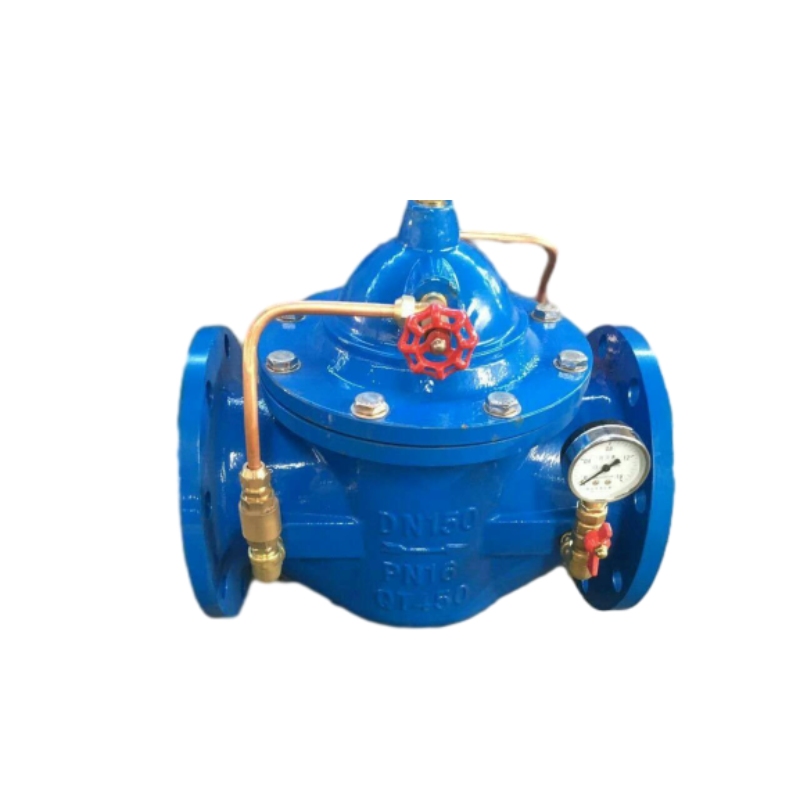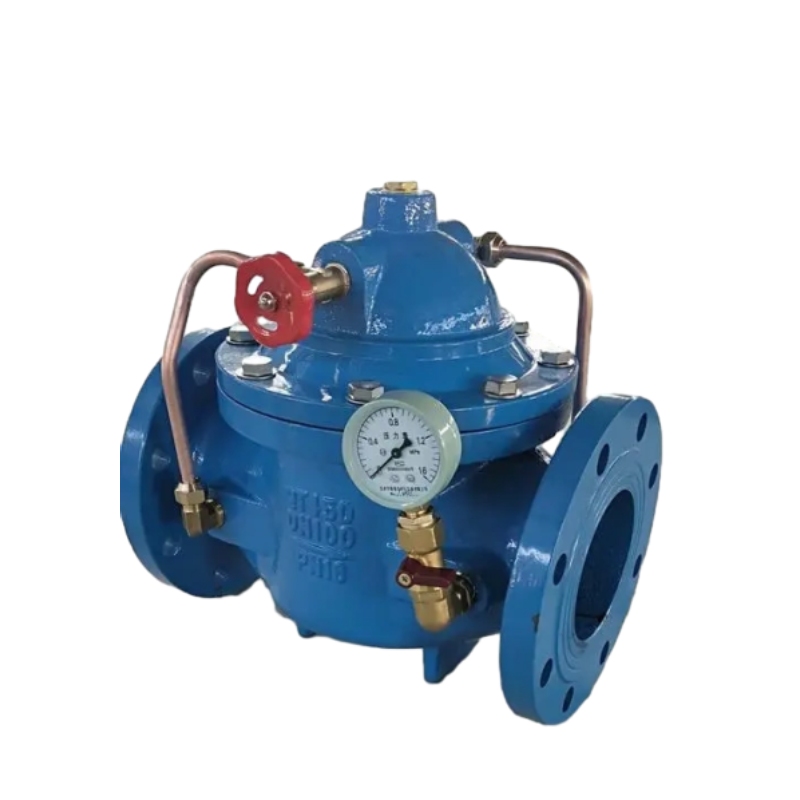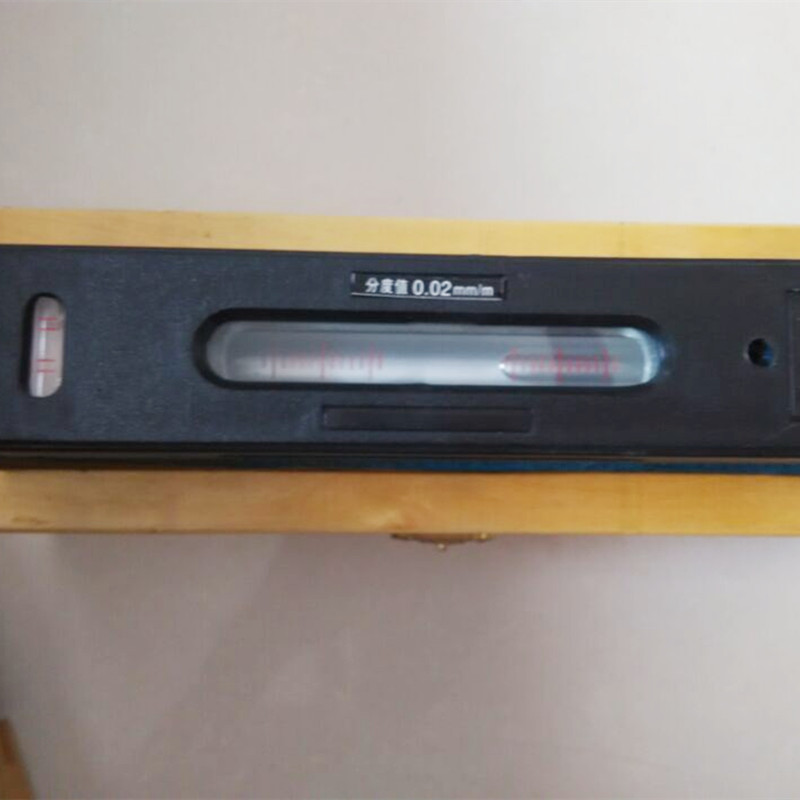Slow Closing Check Valve
Product Description
300X slow-closing muffler check valve has a novel structure, good sealing effect, low resistance, large flow, long service life and so on. Can control the speed of the main valve opening or closing, can be adjusted with the scene to a good working condition, can be water hammer phenomenon, to achieve the effect of slow-closing muffler.
The Advantages of Slow Closing Check Valves in Modern Applications
In the realm of fluid control systems, the choice of valve technology is crucial for ensuring efficiency and longevity. One of the most impactful innovations in this field is the Slow Closing Check Valve, which offers numerous benefits for various industrial applications.
First and foremost, the primary advantage of a Slow Closing Check Valve is its ability to prevent water hammer, a phenomenon that occurs when fluid in motion is forced to stop or change direction suddenly. This can lead to severe pressure surges in pipelines, potentially causing damage to both piping systems and associated equipment. The slow closure feature of these valves allows for a gradual decrease in flow velocity, effectively mitigating shock waves and protecting infrastructure.
Moreover, Slow Closing Check Valves are instrumental in enhancing operational efficiency. By controlling the speed of valve closure, these devices reduce energy loss during fluid transit and minimize turbulence within the system. This efficiency translates into lower operational costs and improved overall system reliability, making it a favored choice across various sectors, including water treatment, oil and gas, and chemical processing.
Another significant advantage is the increased lifespan of the valve itself. Traditional check valves, when subjected to rapid closure, often experience excessive wear and tear. In contrast, Slow Closing Check Valves experience less stress during operation, leading to reduced maintenance costs and a longer service life. This durability is particularly advantageous in high-demand environments where regular maintenance can lead to costly downtime.
In conclusion, the advantages of Slow Closing Check Valves are substantial. Their ability to mitigate water hammer, enhance operational efficiency, and extend equipment lifespan make them an essential component in modern fluid systems. As industries continue to seek reliable and cost-effective solutions, the popularity of the Slow Closing Check Valve is set to rise, solidifying its position as a key player in effective fluid control management.
Product Parameter
Nominal pressure: 1.0MPa-1.6MPa-2.5MPa
Low action pressure: ≥0.02MPa
Specification caliber: 50 to 600mm
Medium temperature: 0 to 80 degrees
Applicable medium: clean water
Connection form: flange
Shell material: cast iron or brass
Product Detail Drawing
Product Working principle
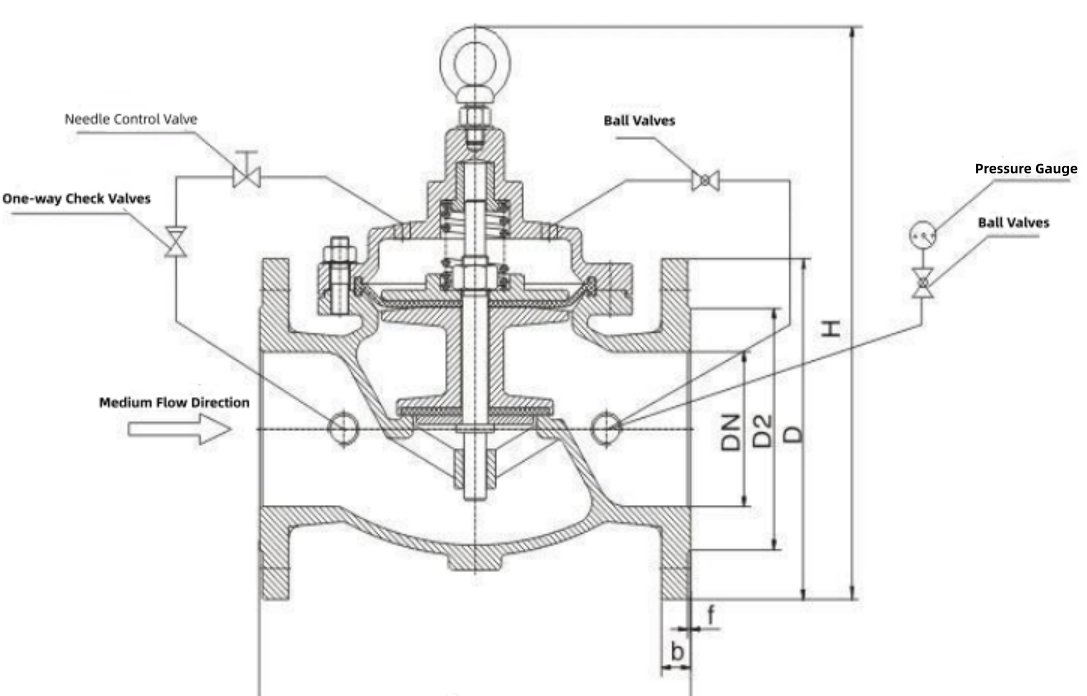
This valve has two internal water chamber compositions, the diaphragm under the water chamber of the cutoff for the water channel, (cutoff open large area close to the pipe diameter area), the diaphragm on the water chamber for the pressure regulator room, when the pump stops working, due to the valve flap of the self-weight and the pressure on the water chamber so that the cutoff closes 90% of the remaining 10% of the use of conduit to the valve after the pressure to the upper water chamber, along with the increase in the pressure on the water chamber, so that the cutoff closes slowly to the remaining 10% of the slow closure of muffling the role of the role of the muffler.
installation requirements
- Install a strainer before the 300X slow-closing muffler check valve. You can choose to install a Y-type filter or a basket filter.
- Pay attention to the direction of the arrow marking on the valve body during installation. In order to facilitate maintenance, should leave space around the check valve.
- A stop valve with a corresponding diameter should be installed at the position where the water source can be cut off when the 300X slow-closing muffler check valve is repaired.
Slow Closing Check Valve FAQs
What is a Slow Closing Check Valve used for?
The Slow Closing Check Valve is designed to prevent backflow in piping systems while minimizing water hammer effects caused by sudden stops. By allowing the valve to close gradually, it ensures a smooth transition which protects your system and extends the lifespan of your plumbing components.
How does the Slow Closing Check Valve work?
This valve operates through a specialized design that utilizes a controlled closing mechanism. As the fluid flow stops, the valve closes slowly rather than abruptly, preventing pressure surges and potential damage. This feature is especially crucial in applications involving pumps, boilers, and other equipment sensitive to hydraulic shocks.
What materials are used in the construction of the Slow Closing Check Valve?
Our Slow Closing Check Valve is typically constructed from high-quality materials such as brass or stainless steel, ensuring durability and resistance to corrosion. The choice of materials not only enhances performance but also guarantees long-lasting operation in various environments.
Can the Slow Closing Check Valve be installed in any orientation?
Yes, our Slow Closing Check Valve is designed for versatile installation. It can be installed in either horizontal or vertical orientation, making it suitable for different piping configurations. However, we recommend consulting the installation guidelines for optimal performance.
Is maintenance required for the Slow Closing Check Valve?
While the Slow Closing Check Valve is designed for minimal maintenance, periodic inspections are recommended to ensure optimal functionality. Checking for build-up, performing visual inspections for leaks or wear, and ensuring the mechanism is free of obstructions will help prolong its service life.
What are the benefits of using a Slow Closing Check Valve compared to standard check valves?
The primary advantage of a Slow Closing Check Valve over standard check valves is its ability to prevent water hammer, which can cause damaging shock waves in plumbing systems. Additionally, by closing slowly, it reduces noise, enhances system reliability, and provides better overall performance—ideal for high-pressure applications.
Can this valve be used in commercial applications?
Absolutely! The Slow Closing Check Valve is highly suited for both residential and commercial applications. Its ability to handle varying flow rates and pressures makes it an excellent choice for buildings, industrial processes, water treatment facilities, and more.
Related PRODUCTS
RELATED NEWS
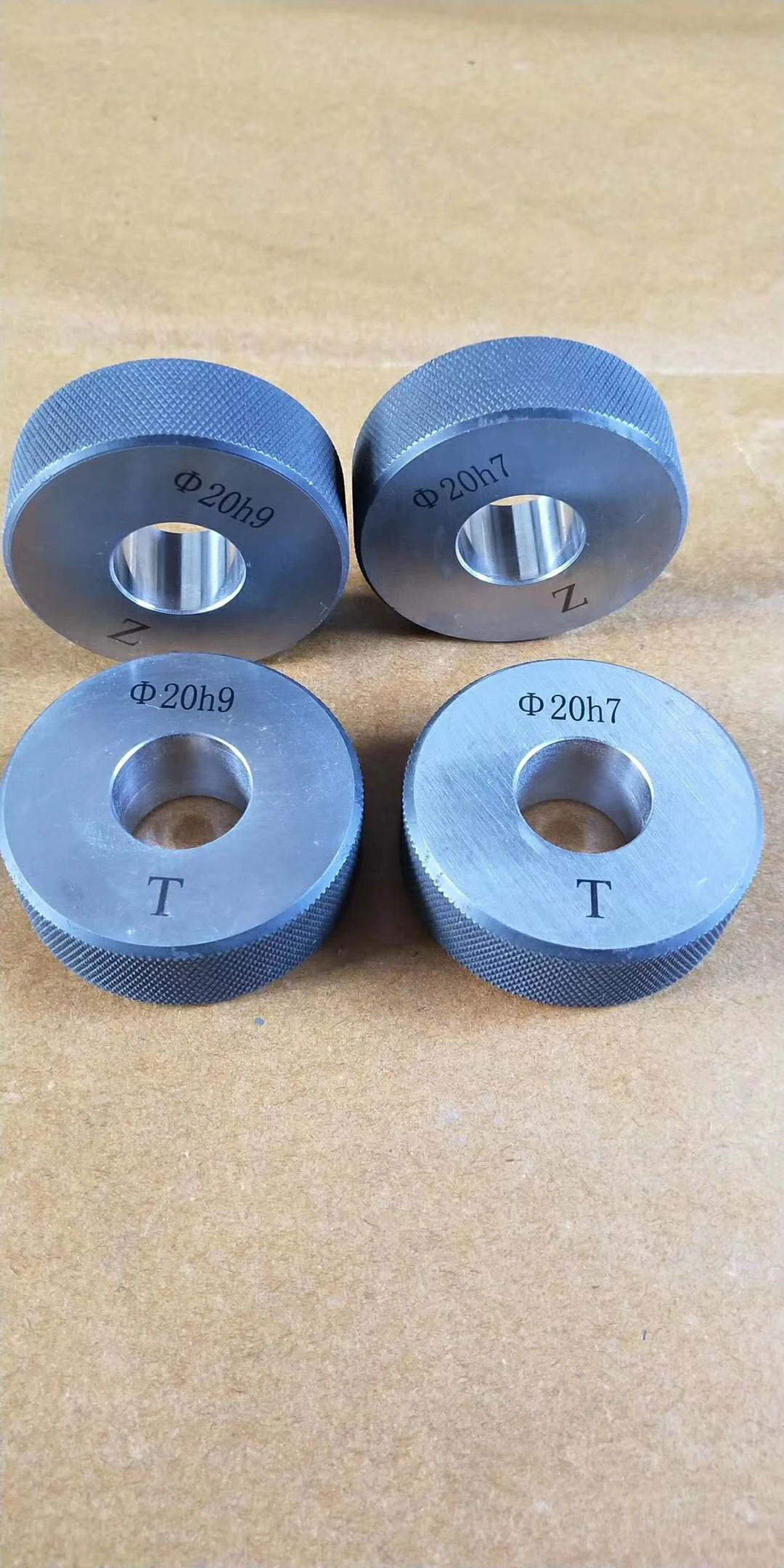
Small Hole Gauge Use in Aerospace Component Testing
In the aerospace industry, where component reliability can mean the difference between safe flight and catastrophic failure, precision measurement is not just a requirement—it's a matter of life and death.

Flanged Strainer Use in Marine Environments
Marine environments pose unique challenges for industrial equipment, from relentless saltwater corrosion to high-pressure systems and fluctuating temperatures.
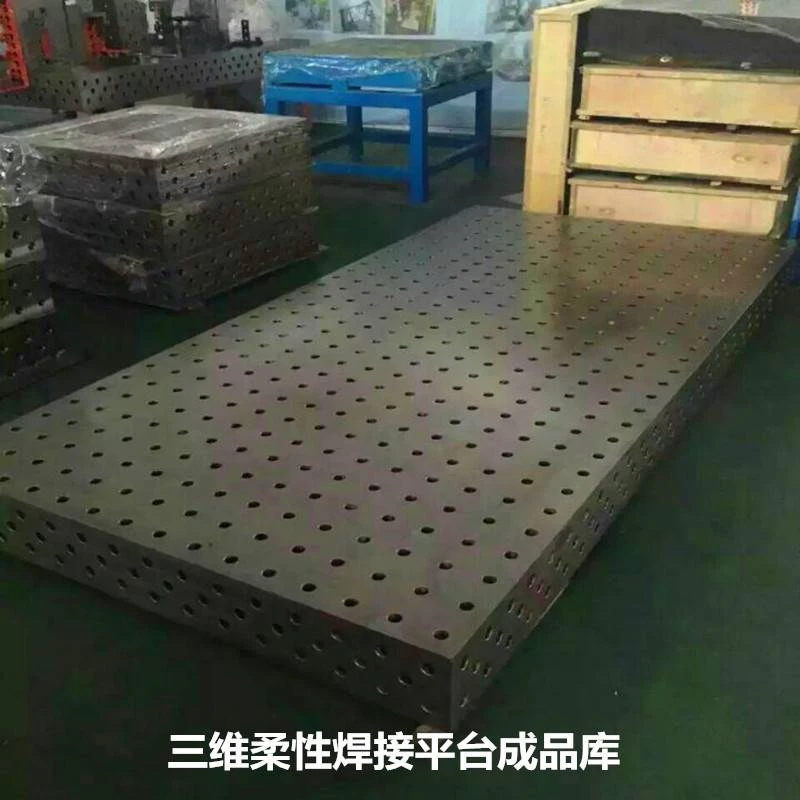
Affordable Welding Tables for Educational Workshops
In educational workshops—whether for high school metalworking classes, community college trade programs, or adult learning centers—having the right equipment is essential for fostering skill development, ensuring safety, and staying within budget.


